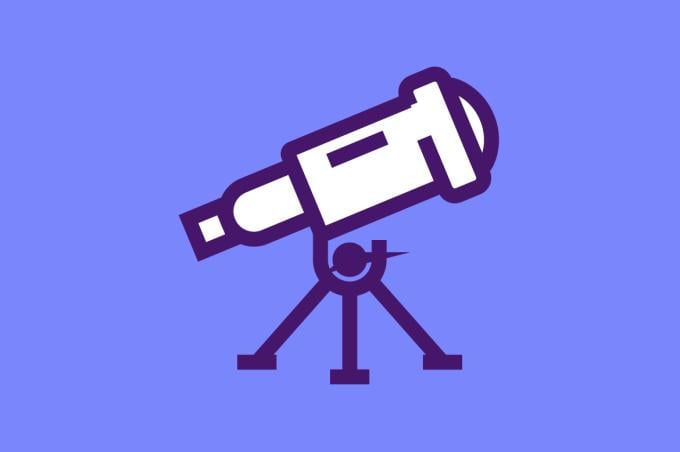Anthony S. Fauci, MD, the outgoing director of the National Institute of Allergy and Infectious Diseases and a trusted adviser to seven U.S. presidents, has earned our trust for a whole host of reasons: more than a half-century of public health service, a calm demeanor amid crisis, a legendary work ethic, and decades of leadership in groundbreaking medical research that led to the publication of more than 1,100 scientific papers, to name just four.
But for me, the most remarkable and important aspect of Dr. Fauci’s character has been his unwavering commitment to science and evidence-based medicine, despite the political headwinds, hostility or criticism that came his way. His fight against a tidal wave of medical misinformation that dates to the earliest days of the pandemic is a defining moment in his illustrious career. It is also a reminder, to all of us in medicine, of what courage and resolve in the face of enormous pressure look like.
As physicians, we owe Dr. Fauci more than our thanks and our gratitude. We owe him our most sincere effort to follow his example—to always be a voice on the side of science and evidence and to speak out against medical disinformation no matter what challenges, and public health crises, come our way.
Pandemic’s unique challenge
The COVID-19 pandemic has been and remains unlike any public health crisis we have ever faced due to politically charged polarization and anti-science aggression that arose early and persists to this day. That partisan divide has pushed the COVID-related death toll in the U.S. higher than other large, well-resourced nations by fueling vaccine hesitancy and refusal, and by heightening resistance to public health measures proven effective in slowing the spread of infectious disease. And sadly, the overt politicization of COVID-19 resulted in an avalanche of hostility and even credible death threats directed at Dr. Fauci and his family.
The threats against Dr. Fauci and his loved ones are emblematic of the intimidation and outright violence directed at physicians, nurses, hospitals and health systems nationwide whose lives are at stake, even as we work to save lives and minimize harm by delivering evidence-based medical care. Health workers, like all workers, should be able to pursue their profession without fear of intimidation or physical harm.
Misinformation and disinformation continue to drive these threats, and it is only by communicating facts and our current understanding of the evidence that science can ultimately prevail. As the nation’s top expert on infectious disease, Dr. Fauci was thrust into the role as the face of coronavirus response. This role was not unfamiliar to him, given his leadership through the HIV/AIDS crisis in the 1980s and subsequent experience with the threats posed by the Ebola and Zika viruses.
Dr. Fauci’s experience with HIV/AIDS research in the 1980s exemplifies both his leadership as well as his flexibility and willingness to listen. He won over LGBTQ+ activists angered by the slow pace of treatment research by fundamentally altering the government’s clinical trial methodology, and expanding enrollment in antiviral trials to include AIDS patients, people who inject drugs and others directly affected by the crisis.
Social media was unknown during the HIV/AIDS crisis, however, and its role in spreading disinformation and blatant falsehoods about COVID-19 cannot be overstated. Dr. Fauci’s firm commitment to evidence-based science, and his resolve in bearing unfair criticism and open hostility without wavering, speaks to an inner strength of character and intellect that would benefit anyone seeking to emulate it.
Let me be clear: Dr. Fauci has made errors, just as all of us have. But he learned and grew as his understanding of new scientific developments increased.
Another exemplar: Dr. Francis Collins
I should also note that Dr. Fauci’s colleague at the National Institutes of Health (NIH), the equally accomplished and notable Francis S. Collins, MD, stepped down at this time a year ago after 12 years as NIH director. Dr. Collins also played a major role in advancing biomedical research by leading what is arguably the greatest scientific advancement yet made, the Human Genome Project.
That work produced an essentially complete human genome sequence in the spring of 2003; researchers completed the decades-long effort by uncovering the missing DNA sequences this past spring. Dr. Collins played a vital role in assembling and leading the multidisciplinary team of biologists, chemists, physicists and engineers that achieved this truly monumental breakthrough.
The impact of the service to our nation provided by both Dr. Fauci and Dr. Collins is immeasurable, and all of us are better off for it. Physicians like these exemplify the best qualities of our profession and deserve our respect and gratitude—even though they would never ask for it. They certainly have mine.




